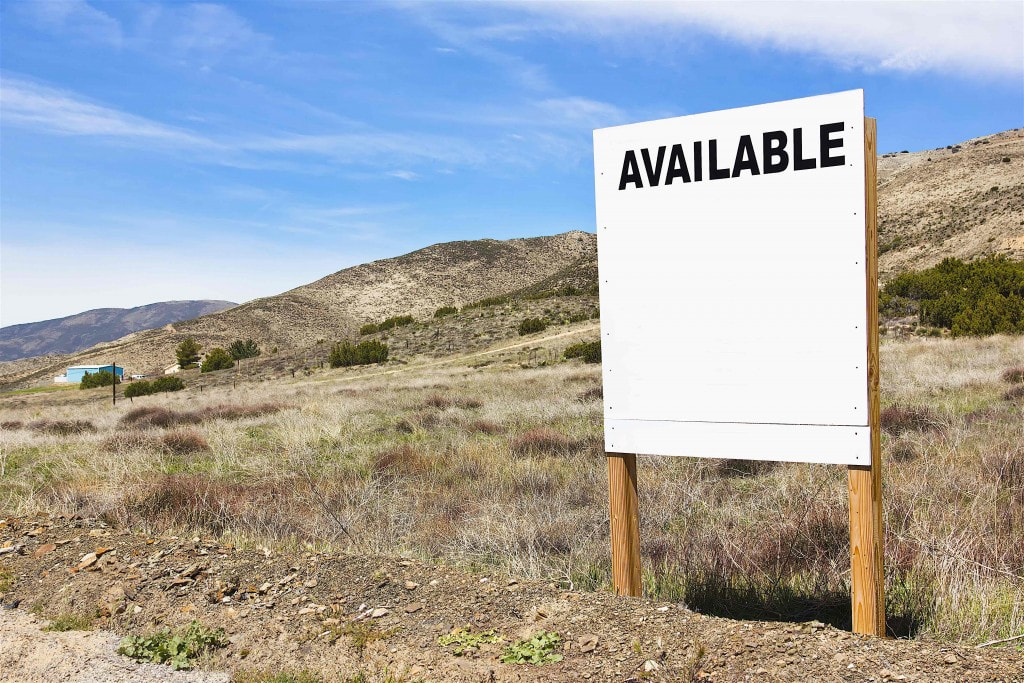|
In the simplest sense, developed land has been fully prepared for home building while undeveloped land has not. Each has advantages and disadvantages. If you’re thinking about building your home on undeveloped land, be sure to consider the additional work and expenses. Are We There Yet? One of the most important things that a developer does with raw land is bring roads onto the site and connect those roads to the public right-of-way. Lots are usually located adjacent to the new road and have direct access to it. If the subdivision remains private, the homeowners will maintain the roads but often they’re deeded to the city and maintained by the municipal service department. Vehicular access to undeveloped land can be more difficult, although isolation might be one of your primary goals in choosing a rural location. You’ll almost certainly spend much more to build an access road back into the site (I can recall several “driveways” that are more than one-third of a mile long) and you won’t have city snowplows to clear it for you. Red Tape and Green Paper Buying a lot in a subdivision means buying into additional layers of government regulation including building departments and homeowner associations. Both groups will have a say about the size, location, design, types of exterior finishes, and maintenance of your house. Municipal building departments usually hold builders to a higher standard of construction quality than rural departments – a definite benefit to the homeowner – but that can mean higher construction costs, too. Subdivisions also usually have minimum house size requirements, so your home might even end up being larger than you want. On a rural property you’ll have much greater freedom to decide what your home looks like, what it’s made of, and how it’s arranged on the land. And with that design freedom comes more control over the costs of construction. Because the options are far less limited, undeveloped land is where most truly unique custom home designs are built. Power to the People The development of a lot in a new subdivision typically includes bringing all utilities onto the site, where the new house is easily connected to them. Electricity, gas, water, and sanitary sewer services are available at the edge of the property, ready to be used. Undeveloped property won’t have water and sewer taps on site. In fact, there may be no utilities anywhere nearby. Building on undeveloped land usually means providing your own private septic system and water well, installing a propane storage tank for gas appliances, and bringing electric service lines in from a distance – maybe a very long distance. Can You Dig It? By the time a subdivision is ready for construction, the developer’s engineers have tested the soil and graded the land for proper drainage. You’ll have access to information about the possibility of sub-surface conditions that might affect your construction plans and in many cases the developer will take some responsibility for the site’s suitability for building. If you want the same information about your rural property, you’ll have to order and pay for it yourself. Your county extension service can provide some of this information but it may not be recent, or specific to your site. If you discover bad soil or underground rock in your building area, you’ll have no avenue for redress except your own pocketbook. More Than One Kind of Value A house in a subdivision may have a temporary price advantage over a “stand-alone” home, since its value will be related to the selling prices of other homes in the area. If you value predictable price appreciation, closer neighbors, and want less “hands-on” involvement in the creation of your house, you’ll probably find your dream home in a development. The majority of American home buyers do just that. Building on undeveloped land will require more from you, your architect, and your builder. But if you’re willing to assume the risks of undeveloped land; if you’re interested in a truly custom home design; if you want to be more involved in the creation of your home, you might find your piece of paradise somewhere a little further outside of town. On Point Homevestments
0 Comments
|
Details
Archives
February 2019
Categories
All
|
Company |
Services |
|
Possibilities



 RSS Feed
RSS Feed